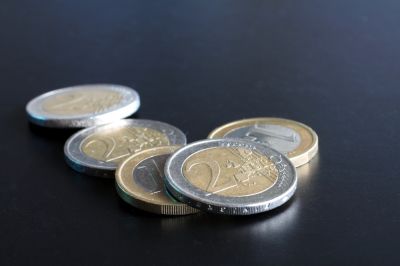Why Fixed Deposits Are Worth Investing In
Table of Contents

It’s really not hard to see why fixed deposits are so common as an investment choice especially for first-time investors. These types of bank products can provide one with a moderately good return, without the need to take big risks. Read on to discover more about the advantages and disadvantages of a fixed deposit account.
In case we’re not all on the same page, let’s first talk about the definition of fixed deposits. Known as “termed deposits” or “time deposits” in some countries, this particular type of investment requires an individual to put aside a certain amount of money with a bank – without withdrawals – over a fixed period of time. In return, the bank promises an interest payment over this fixed period, normally at a higher rate than what you would otherwise get from a normal savings account.
Why have a fixed deposit account?
Higher interest rates
This is still highly dependent on the particular bank or financial institution you’ll use for your fixed deposit account. In general though, almost all banks offer comparatively higher interest rates for fixed deposits relative to normal savings account.
Regular earning potential
The deposit earns you interest (and higher interests at that) over regular fixed intervals such as monthly or quarterly (at times, yearly). Some banks allow you to have the earned interest deposited or transferred to your preferred account – which means while you do not have access to your entire fixed deposit savings, you will however have periodic cashflow in the form of regular interest payments. This is one of the reasons why many retirees opt to invest in fixed deposits.
Safest kind of investment
Not everyone is willing to risk their money on stocks, properties, or other similarly risky investments. For one, the learning curve is steeper: there is a lot to learn if you want to be a professional stock investor. On the other hand, a fixed deposit gives you the chance to just sit back, and wait for your returns. It is also worth mentioning here that most financial institutions / banks that offer fixed deposits are credible, stable, and regulated by government agencies. Fixed deposits in Malaysia are also protected by the Perbadanan Insurans Deposit Malaysia (PIDM), which is a Government agency established to protect Malaysians against the loss of their deposits placed with banks in the unlikely event of a bank failure.
The down side to fixed deposits
Like any other imperfect investments in this world, fixed deposits also have some disadvantages that often cause people to pass them over.
Safest but lowest income-earning type of investment
We’ve already looked at why fixed deposits are the safest investments. However, the trade-off is that they are also one of the lowest profit-generating investments. Wise investment experts would tell you though that the elimination of risk in fixed deposits is quite worthwhile. In addition, when it comes to fixed deposits, you should not be looking at solely the monetary value of your returns. Instead, you should also take into account the intangible benefits in the form of security (i.e. peace of mind!).
No active participation from the investor
Some people don’t like to stay passive when it comes to their investments. If this sounds like you, fixed deposits probably won’t appeal to you. However, the fact that a fixed deposit investment doesn’t require active investor participation may actually be a good thing as it minimizes investor mistakes and hence losses.










